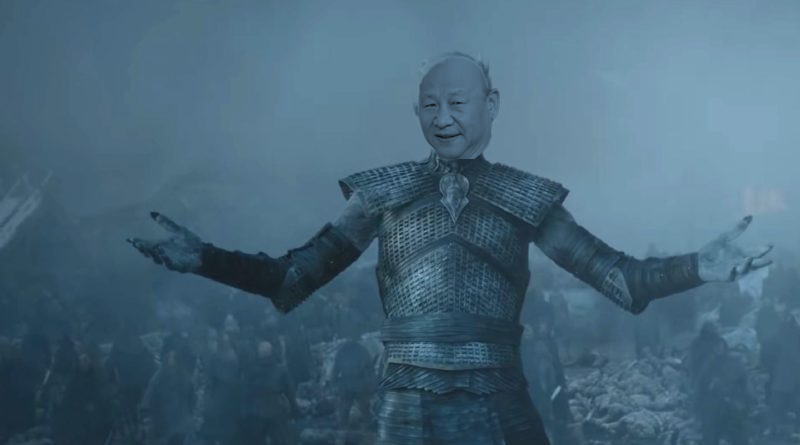The Indian Army has outfoxed the Chinese PLA in Eastern Ladakh through a wait and watch game. While the reports of Chinese transgressions and mobilisation had started coming in as early as May and June this year, the Indian armed forces waited till September. India kept preparing for the winter months and started securing tactical positions and making ‘strategic readjustments’ in the Pangong Tso area, just ahead of the inhospitable winter months.
On India’s part, it seems to have been a strategic move to wait till the starting of September before making the real manoeuvres. Now, Ladakh will move into extreme winter from next month, and the heavy snowfall would make it incompatible for any military manoeuvres either from India or China. India is making tactical moves just ahead of the extreme cold weather which would hit Ladakh, leaving no time for the unacclimatized PLA troops to confront Indian soldiers.
Lt. General (Retd) Satish Dua spoke to The Quint about the Eastern Ladakh stand-off. According to him, the month of September is crucial and India will have an advantage over the Chinese troops in a winter standoff situation.
The Army veteran said, “It has happened in the past that sudden snowfall can close the mountain passes. This is why September is important. In this month, you are assured that you can move your logistics in place before winter sets in.”
He also said, “We (Indian army) are at a slight advantage,” in case of a Winter Stand-Off. He said that the Indian troops remain positioned in the region throughout the year, especially in Ladakh. However, “The bulk of the Chinese army comes there for exercises during the summer months and during the winter months, they reduce their presence significantly. Even the Indian Army reduces its presence from the forward posts, but we remain in Ladakh.”
Therefore, while the Indian troops are well-acclimatized for the extremely cold and inhospitable Winters of Ladakh, the Chinese People’s Liberation Army (PLA) becomes virtually defunct during the winter months. Moving troops, logistics and equipment becomes a major issue after the summer months come to end, and even if China moves them to forward locations, the PLA troops themselves become ineffective.
It is in this context that India has made some strategic moves in the Pangong Tso area in the week following the pre-emptive action taken by the Special Frontier Force (SFF), thwarting an attempt by the Chinese PLA to intrude into the ‘Black top’ hill area (Southern Pangong Tso) on the intervening night of August 29-30.
Following the pre-emptive action by the SFF last week, the Indian Army has made ‘readjustments’ in the Northern Pangong Tso area around Finger 4, which helps India prepare for any eventualities at this point of the Line of Actual Control (LAC).
Meanwhile, India has kept moving to dominate heights in Southern Pangong Tso, to gain a tactical advantage over the PLA. As per TOI, the SFF, ITBP and the Indian Army now jointly hold dominating heights in the hills surrounding Helmet Top, Black Top and Yellow Bump.
TOI has quoted a source as saying, “These positions on heights running corresponding to China’s People Liberation Army’s posts have been unoccupied for long. Our soldiers have fortified the Indian border.”
These positions that India is occupying and securing just ahead of the winter months would mean that India prevails over China, just before the Eastern Ladakh sector turns dormant due to heavy snowfall. The Chinese PLA, on the other hand, remains befuddled by the active posture that the Indian armed forces have suddenly taken in the ongoing stand-off.
Soon, China will find that it has run short of time due to its inability to engaging India during the long and unbearable winter season. Meanwhile, India has made special preparations for the winter months this year. As early as in July, ANI had reported that with 30,000 additional troops deployed in Ladakh along with the high-altitude areas of the LAC, India placed an emergency order for extreme-cold weather tents.
The Indian Army knows that with enhanced presence during the winter months, it will give a decisive blow to the Chinese PLA. Therefore, the Indian troops are being prepared for the long haul with supplies of food, kerosene oil and extreme cold conditional (ECC) clothing.
The mercury can dip as low as -30 C during winter months in Ladakh and the additional troops of the Indian Army and high-altitude forces like the ITBP and the SFF will brave through the extreme cold to outsmart the Chinese PLA. The winter is coming and it is certainly not good news for China.
